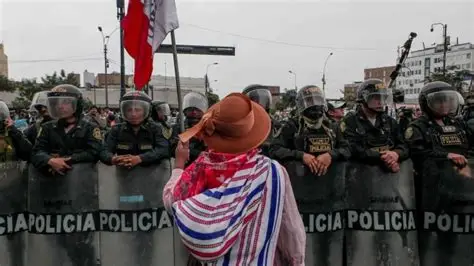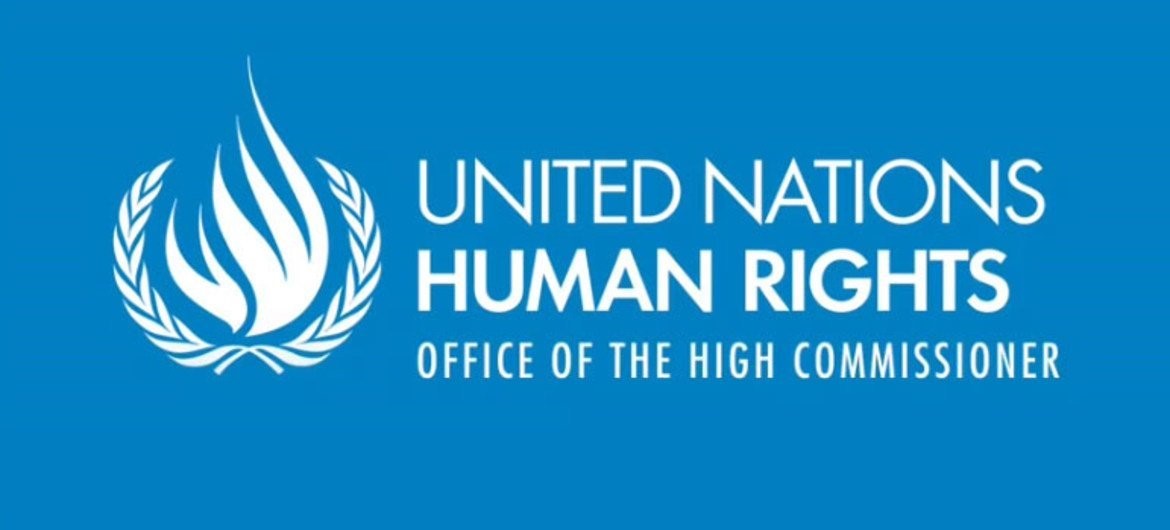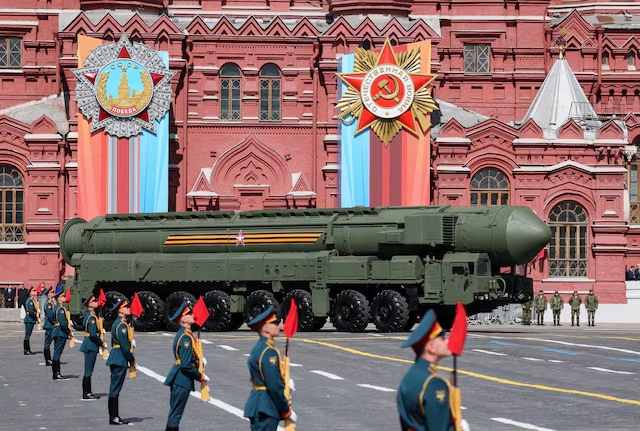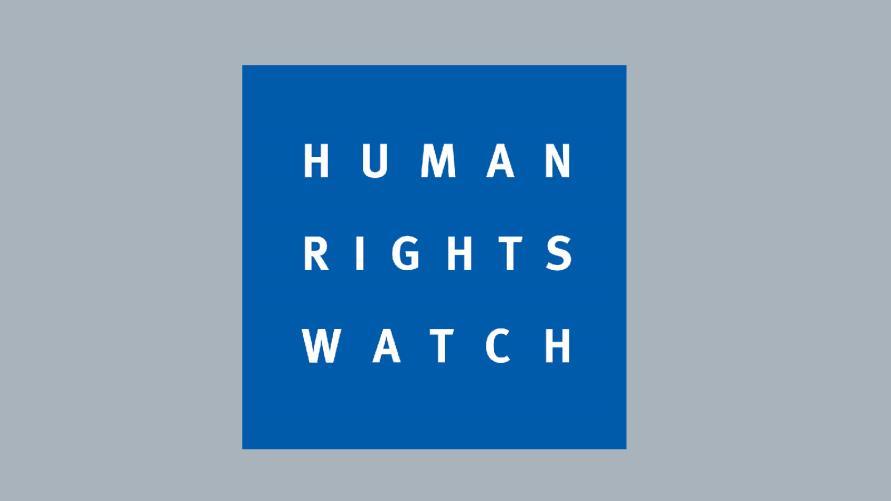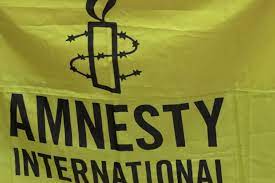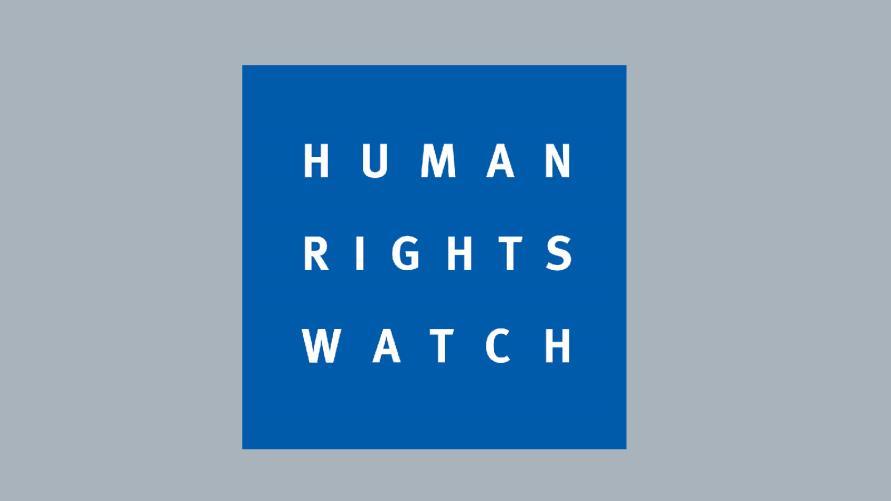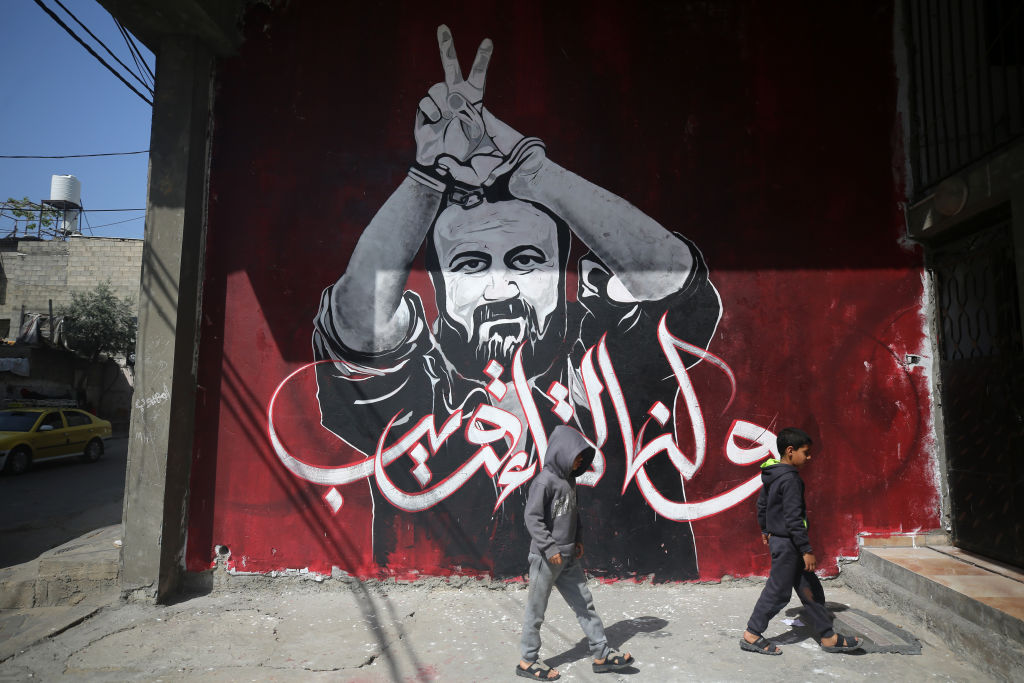
On Wednesday Amnesty International released its annual global review on the death penalty.
The report states that globally 483 people have been executed in 2020. Although some, such as Agnes Callamard still consider this figure to be ‘shocking’ this marks a 26% decline in executions since 2019.
China is believed to be “the world’s most prolific executioner”, executing thousands of people each year, said the report.
After China, four Middle Eastern countries – Iran, Egypt, Iraq and Saudi Arabia – accounted for 88 percent of all known executions in 2020, said the report.
Al Jazeera spoke to Amnesty’s Iran researcher Raha Bahreini about the report’s findings on Iran.
Al Jazeera: Why do you think that Iran is the country with the second highest number of executions? Wat are the factors that contribute to this?
Bahreini: Year after year, Iran has earned the shameful status of being the top executioner in the world after China. This is mainly due to the fact that the Iranian authorities apply the death penalty to a wide range of crimes in the country, and do not limit it to crimes involving intentional killing, contrary to their obligations under international law, including the International Covenant on Civil and Political Rights to which Iran is a state party.
In Iran, those convicted of “murder” and sentenced to death under the Islamic principle of retribution-in-kind (qesas) include, in many cases, individuals who engaged homicide not amounting to intentional murder. Furthermore, the principle of retribution-in-kind (qesas) effectively makes the imposition of the death penalty mandatory in homicide cases unless the family of the deceased grants pardon in exchange for “diyah” (blood money). This is while international human rights bodies have repeatedly recalled that mandatory death sentences are inconsistent with human rights protections because they do not allow any possibility of taking into account the defendant’s personal circumstances or the circumstances of the particular offence.
Al Jazeera: Iran executes children under 18. Why is there not more of an international and domestic outcry over this?
Bahreini: The Iranian authorities have been repeatedly criticized by the UN and its member states for their deplorable use of the death penalty against those who were under 18 at the time of the crime. The UN Special Rapporteur on the situation of human rights in Iran has consistently highlighted the issue in his reports. The resolutions adopted about the situation of human rights in Iran at the UN General Assembly and the UN Human Rights Council have also consistently highlighted this grave concern and called on the Iranian authorities to abolish the use of the death penalty against juvenile offenders.
The UN Committee on the Rights of the Child has also repeatedly urged Iran to amend its laws and intervened, together with other UN Special procedures, on behalf of juvenile offenders at imminent risk of execution. The UN High Commissioner on Human Rights and the UN Secretary General have also strongly condemned Iran’s ongoing use of the death penalty against juvenile offenders and noted that Iran violates this absolute prohibition under international human rights law far more often than any other State in the world.
Despite all this, the Iranian authorities have shamelessly persisted with their assault on the right to life of children. Inside the country, they have also persecuted human rights defenders and lawyers who have called for the abolition of the death penalty, including juvenile offenders. Prominent lawyers targeted in this relation include current prisoner of conscience and human rights lawyer Nasrin Sotoudeh and former prisoner of conscience and human rights lawyer Abdolfattah Soltani.
Al Jazeera: How much internal resistance is there to the death penalty within Middle Eastern countries that actively impose the death penalty?
Bahreini: The Iranian authorities’ dogged commitment to this cruel and irreversible punishment is widely known but what is perhaps less well-known is the story of the growing domestic movement against the death penalty in Iran and the brave human rights defenders at the heart of this movement. In 2013, several prominent Iranian human rights defenders launched the Campaign for Step by Step Abolition of the Death Penalty, known by its Persian acronym, Legam. In response, the authorities have intensified their repression against their work. They Iranian authorities have harassed and jailed people involved in the country’s anti-death penalty movement, often accusing them of “threatening national security” or “defying Islam”. In their official statements and court verdicts, they have described peaceful campaigning against the death penalty as “un-Islamic”.
- Most Viewed
- Most Popular


